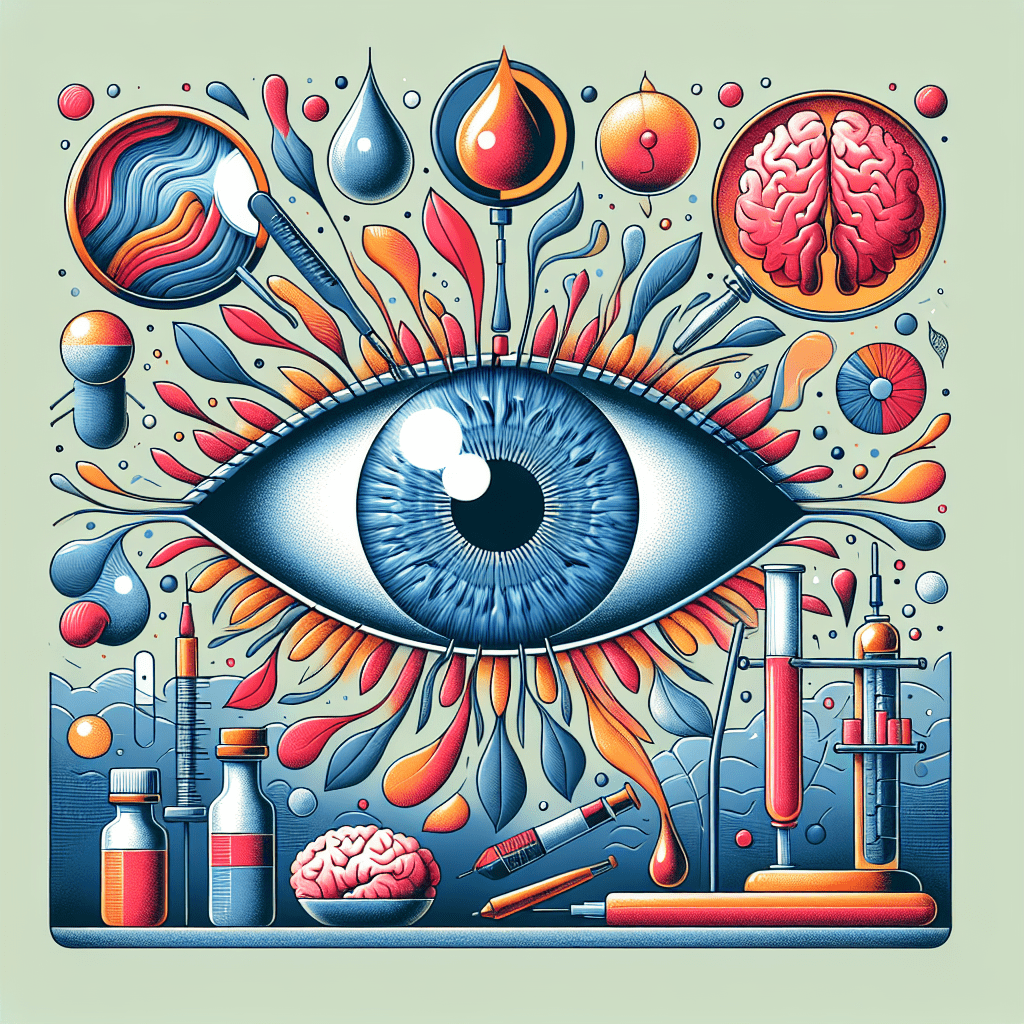Introduction
Imagine walking through a desert, your eyes yearning for relief from the scorching sun. This is how living with dry eyes feels every day. While millions grapple with this discomfort, many are unaware of the oasis of solutions an ophthalmologist can offer. Join us as we uncover what an ophthalmologist can do for dry eyes, turning arid visions into refreshing clarity.
- The Importance of Understanding Dry Eyes
- How Ophthalmologists Diagnose Dry Eyes
- Treatment Options Provided by Ophthalmologists
- When to Seek Professional Help
- Key Takeaways on Managing Dry Eyes
- FAQs About Dry Eye Treatment
- Conclusion: Taking the First Step Towards Comfort
The Importance of Understanding Dry Eyes
Dry eyes may seem like a mere inconvenience, but left unchecked, they can become a relentless adversary. It’s akin to a car running without oil — over time, friction builds up, leading to more wear and tear. Similarly, our eyes require sufficient lubrication to function optimally. The journey to relief begins with understanding the underlying causes.
Many factors contribute to dry eyes, including environmental conditions, prolonged screen time, certain medications, and aging. According to the National Eye Institute, identifying these triggers is crucial in managing symptoms effectively and preventing potential complications.
How Ophthalmologists Diagnose Dry Eyes
An ophthalmologist is like a detective for your eyes. They use various techniques to uncover the mystery behind your symptoms. Through comprehensive eye exams and specialized tests such as the Schirmer test or tear breakup time test, they can pinpoint the severity and cause of the dryness.
The examination often involves evaluating the eyelids’ structure and blink dynamics, assessing the tear film’s quality and quantity, and identifying any inflammation. These insights lay the foundation for a tailored treatment plan that addresses the root of the issue.
Treatment Options Provided by Ophthalmologists
Once the diagnosis is clear, an ophthalmologist acts like a skilled gardener nourishing a wilted plant back to health. They offer a range of treatments designed to alleviate symptoms and restore eye comfort:
- Artificial Tears: Over-the-counter lubricating drops provide immediate relief for mild cases.
- Prescription Medications: For more severe conditions, medications like cyclosporine or lifitegrast may be prescribed to reduce inflammation and promote tear production.
- Therapeutic Procedures: Techniques such as punctal plugs or intense pulsed light therapy can enhance tear retention or improve gland function.
- Lifestyle Adjustments: Recommending changes in environment or habits can significantly reduce symptoms over time.
When to Seek Professional Help
Is your vision clouded by persistent dryness? Much like a car engine that grinds without oil, seeking timely intervention can prevent irreversible damage. If over-the-counter solutions fail to provide relief or if you experience severe symptoms such as redness, pain, blurred vision, or sensitivity to light, it’s vital to consult an ophthalmologist promptly.
An emergency situation such as an eye infection could also arise from untreated dryness. Discover more about recognizing and addressing eye infections and styes.
Key Takeaways on Managing Dry Eyes
- Understanding the cause of dry eyes is essential for effective management.
- An ophthalmologist can provide comprehensive diagnostics and personalized treatment plans.
- Treatments range from artificial tears to advanced procedures for chronic conditions.
- Timely intervention can prevent further complications.
FAQs About Dry Eye Treatment
Can dry eyes lead to blindness?
While rare, severe untreated dry eyes can cause damage to the cornea, potentially affecting vision. Seeking early treatment is crucial.
Are there natural remedies for dry eyes?
Lifestyle modifications such as using humidifiers, taking breaks from screens, staying hydrated, and eating omega-3 rich foods can aid in managing symptoms.
Is it possible for dry eyes to resolve without treatment?
Some mild cases may improve with lifestyle changes; however, professional evaluation ensures appropriate management and prevents complications.
Conclusion: Taking the First Step Towards Comfort
Navigating the world with dry eyes can feel like traversing a desert without shelter. However, with an ophthalmologist’s expertise, you can find refuge in effective treatments tailored to your needs. Embrace the journey towards clearer vision and comfort by consulting a specialist today. Remember, just as an artist perfects their masterpiece with each brush stroke, your path to relief begins one step at a time.
If you have concerns about eye health or related conditions, consider exploring resources like Mayo Clinic’s guide on dry eyes. Additionally, learn more about urgent care services available for immediate assistance through our detailed overview of urgent care services.




